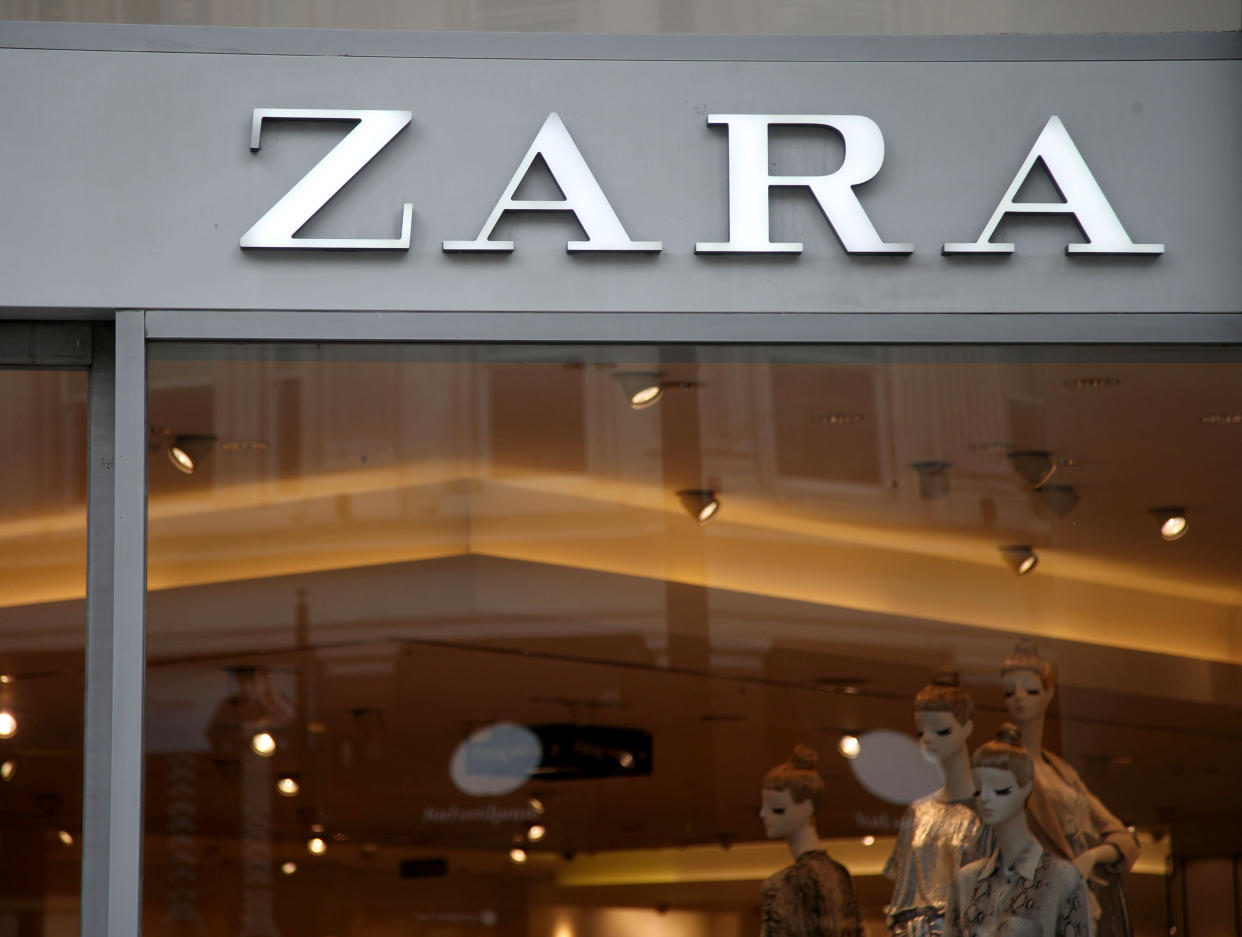Zara owner shuts Irish subsidiary after tax avoidance criticism

Spanish clothing giant Inditex, the owner of the Zara, Bershka, and Massimo Dutti brands, has moved to shutter the Irish-based unit that handled a huge chunk of its online sales until earlier this year.
Inditex, considered to be the world’s largest fashion retailer, has come under fire in recent years for what has been described as “aggressive” tax avoidance measures.
A report produced by Green party lawmakers in the European parliament in 2016 suggested that the firm had saved about €30m (£26m) in taxes between 2011 and 2014 by basing its ITX Fashion subsidiary in Ireland rather than in Spain, where the company has its headquarters.
Ireland’s corporate tax rate is 12.5%, while companies can pay as much as 24% in Spain.
Documents filed in Ireland’s companies office in February indicated that Inditex was looking to wind down ITX Fashion as part of a global restructuring. On 7 November, the subsidiary filed a voluntary request to be struck off the companies register.
The use of ITX Fashion for tax purposes had been criticised as early as 2011, and Inditex, which had global sales of more than €25bn (£22bn) in 2017, has gradually been shifting its operations to Spain since then.
The 2016 Green party report suggested that the company has avoided more than €580m (£505m) in taxes by using entities based in Ireland, Switzerland and the Netherlands.
At the time, the Green party called for a harmonisation of European Union tax rules. “Companies like Inditex structure themselves to take advantage of the lowest tax rates and the lack of harmonisation of tax systems at the European level,” the report said.
Inditex rejected the report, and said that it scrupulously complied with the tax laws in all of the markets where it operates.
Last week, the company announced that Zara had moved into 106 new markets, following the launch of its new dedicated online sales platform.
While most of these new markets are in Africa, Zara is also making its debut in parts of the Caribbean and Asia.

 Yahoo News
Yahoo News 

